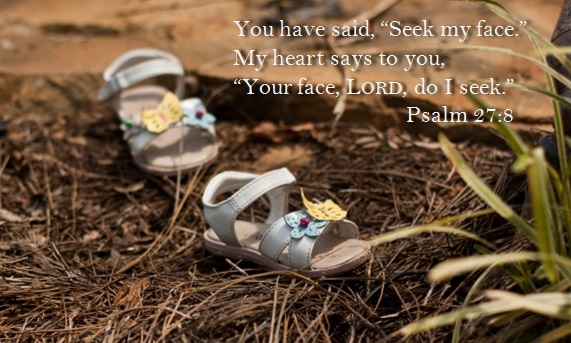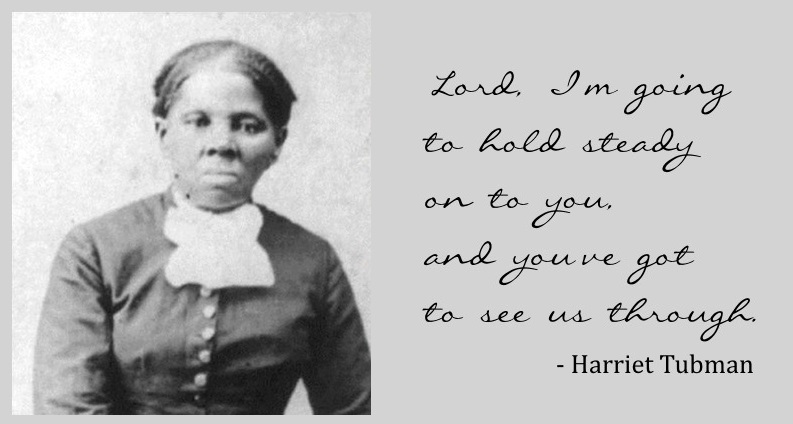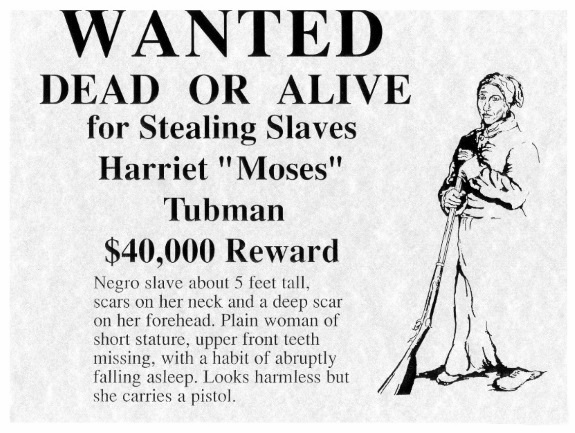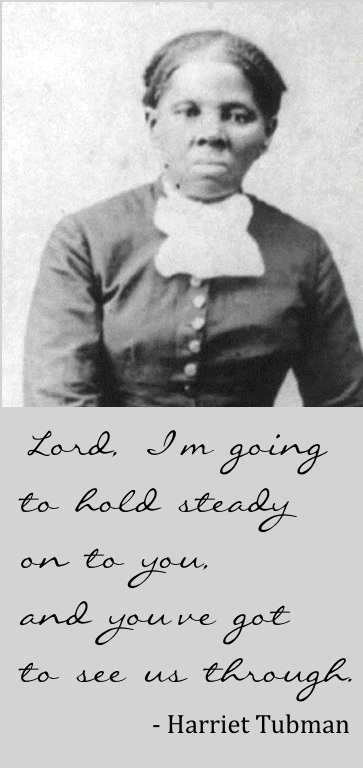Sometimes life is hard. Really hard. And not one of us is exempt from experiencing difficulty on this earth. But thankfully, we Believers are promised companionship, help, and strength from God along our way.
This whole month, we’ve been studying Godly Women here at DoNotDepart, allowing their stories to inspire us and touch our hearts. These amazing women have much to teach us, and I believe Fanny Crosby’s story offers us insight into living passionately for Jesus despite our difficulties.
Fanny’s Story
Fanny was born in 1820 in an area north of New York City. She suffered an eye infection as an infant and reportedly became blind as a result of poor medical care. Fanny’s father passed away the same year and Fanny was brought up by her godly mother and grandmother. She was taught that though she was blind, she was still valuable. Her afflictions did not dictate her future or her submission and service to God. As a matter of fact, in her Christian home the Word of God was esteemed, and Fanny had memorized all four Gospels, the Pentateuch, Proverbs and various Psalms by the age of 15.
As a teen, Fanny eventually was sent to the New York Institute for the blind where her love for composing poetry was further developed and polished. She later became an instructor there. At a time when most blind people were treated almost as invalids, Fanny Crosby lived a full, active life and viewed her blindness as a blessing. She used her affliction to focus her attention more closely on God.
“It seemed intended by the blessed providence of God that I should be blind all my life, and I thank him for the dispensation. If perfect earthly sight were offered me tomorrow I would not accept it. I might not have sung hymns to the praise of God if I had been distracted by the beautiful and interesting things about me.” ~ Fanny Crosby
As Fanny’s faith matured, so did her poetry. By her adulthood, she was composing beautiful hymn lyrics. She often kept several hymns in her head until someone was available to dictate them to. It is said that she composed lyrics to over 8,000 hymns, and possibly as many as 10,000. What beautiful, God glorifying words and phrases she must have been meditating on over the years!
This is my story, this is my song,
Praising my Savior all the day long. ~ Blessed Assurance, Fanny Crosby
Fanny didn’t stop with just writing. She also gave willingly to the poor. While she could have become rich from her writing career, instead she lived on just enough to get by. All the rest she (and later husband, too) gave away. She wanted to be known as a rescue mission worker who shared Christ’s love in tangible ways rather than merely a hymn writer. Fanny Crosby passed away in 1915 after living a long, fruitful life for the Lord.
“I in My Savior am Happy and Blest”
We all have afflictions. Each one of us could probably name several things that we feel hold us back in life, or hold us back from serving God the way we’d like. Yet, it doesn’t have to be that way! Blindness, sickness, pain, depression, anxiety, grief, stress…. The list goes on. But, with the proper view, like Fanny, we can allow our trials and difficulties to draw us nearer to God to focus intently on praising Him and resting in His strength. By abiding in Jesus, godly women can be fruitful in affliction.
But he said to me, “My grace is sufficient for you, for my power is made perfect in weakness.” Therefore I will boast all the more gladly of my weaknesses, so that the power of Christ may rest upon me. 2 Cor 12:9
So, what’s holding you back? Let’s abide in Jesus and find the power to overcome in Christ!
(You can read more about Fanny Crosby in her autobiography [amazon_link id=”1579102077″ target=”_blank” container=”” container_class=”” ]Fanny J. Crosby: An Autobiography[/amazon_link].)
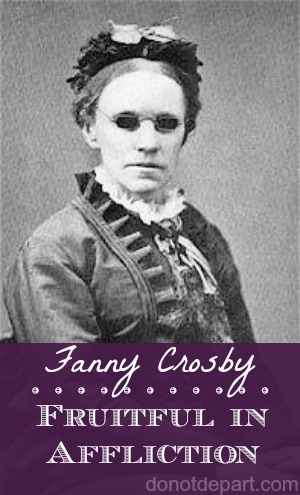




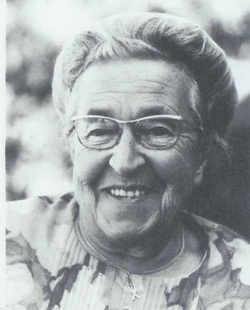

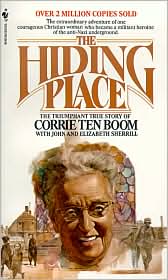




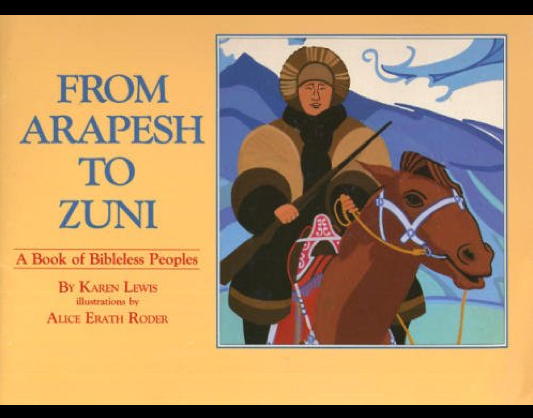


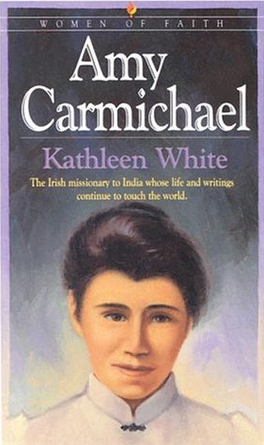
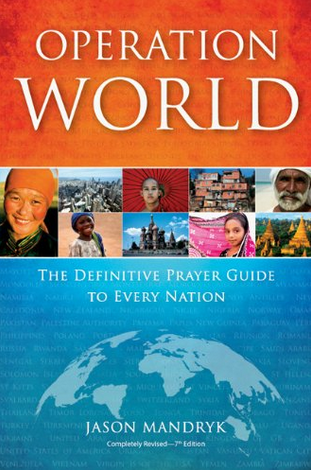




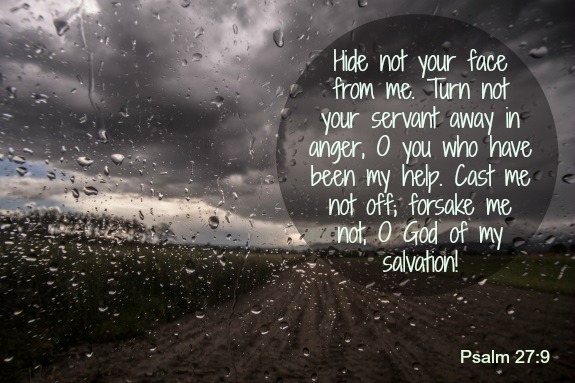



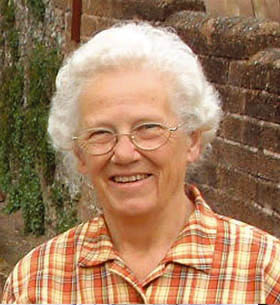
 Helen Roseveare spent almost two decades dispensing medical care and eternal hope in the rainforests of Africa. In 1953, Dr. Roseveare left the material comforts of Great Britain for the Belgian Congo to serve as a medical missionary. For the first twelve years she built village hospitals, treated every illness and injury, loved the people, and told them about Jesus. Then in 1964 her circumstances turned from physically difficult to excruciating.
Helen Roseveare spent almost two decades dispensing medical care and eternal hope in the rainforests of Africa. In 1953, Dr. Roseveare left the material comforts of Great Britain for the Belgian Congo to serve as a medical missionary. For the first twelve years she built village hospitals, treated every illness and injury, loved the people, and told them about Jesus. Then in 1964 her circumstances turned from physically difficult to excruciating.